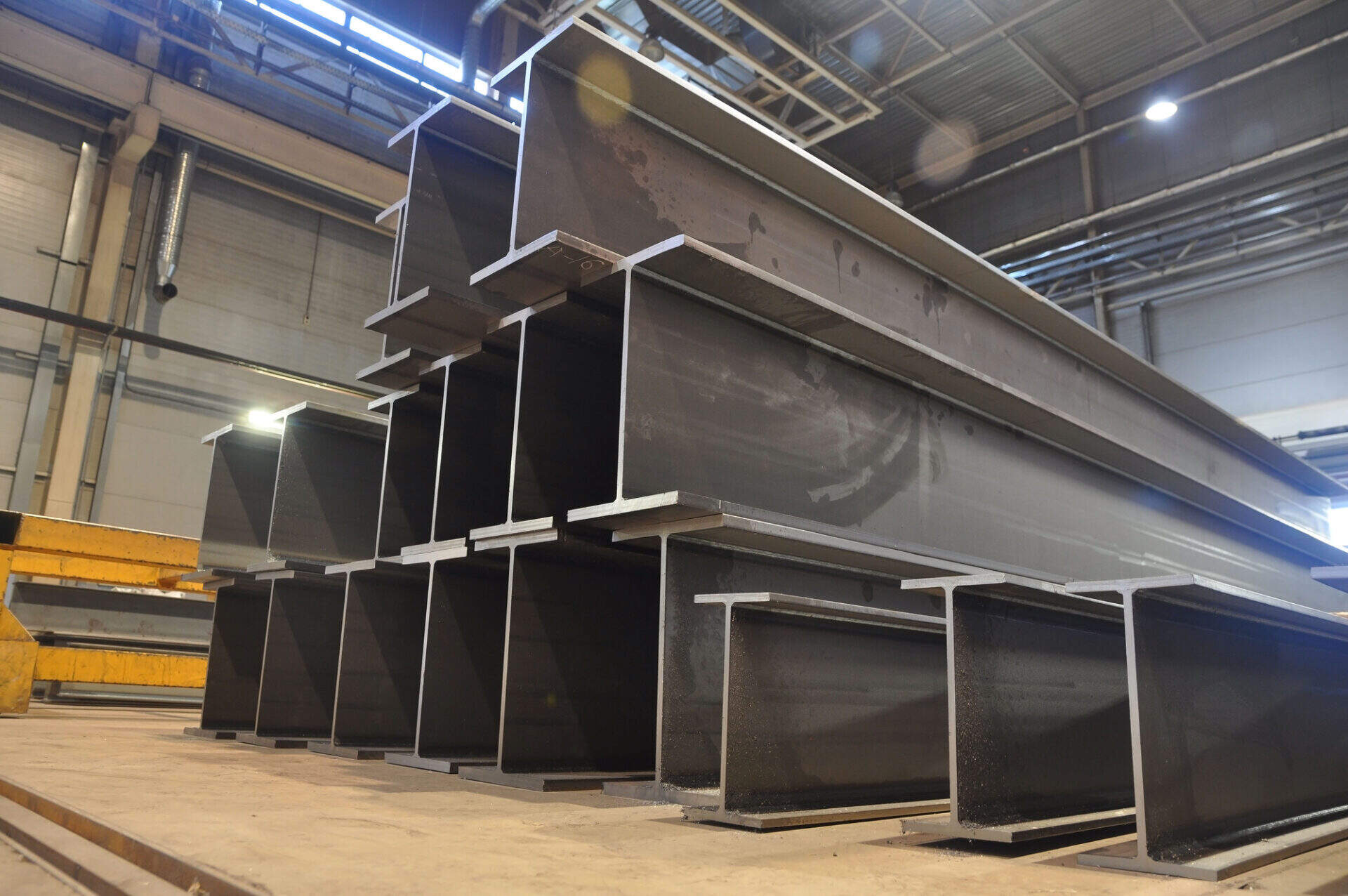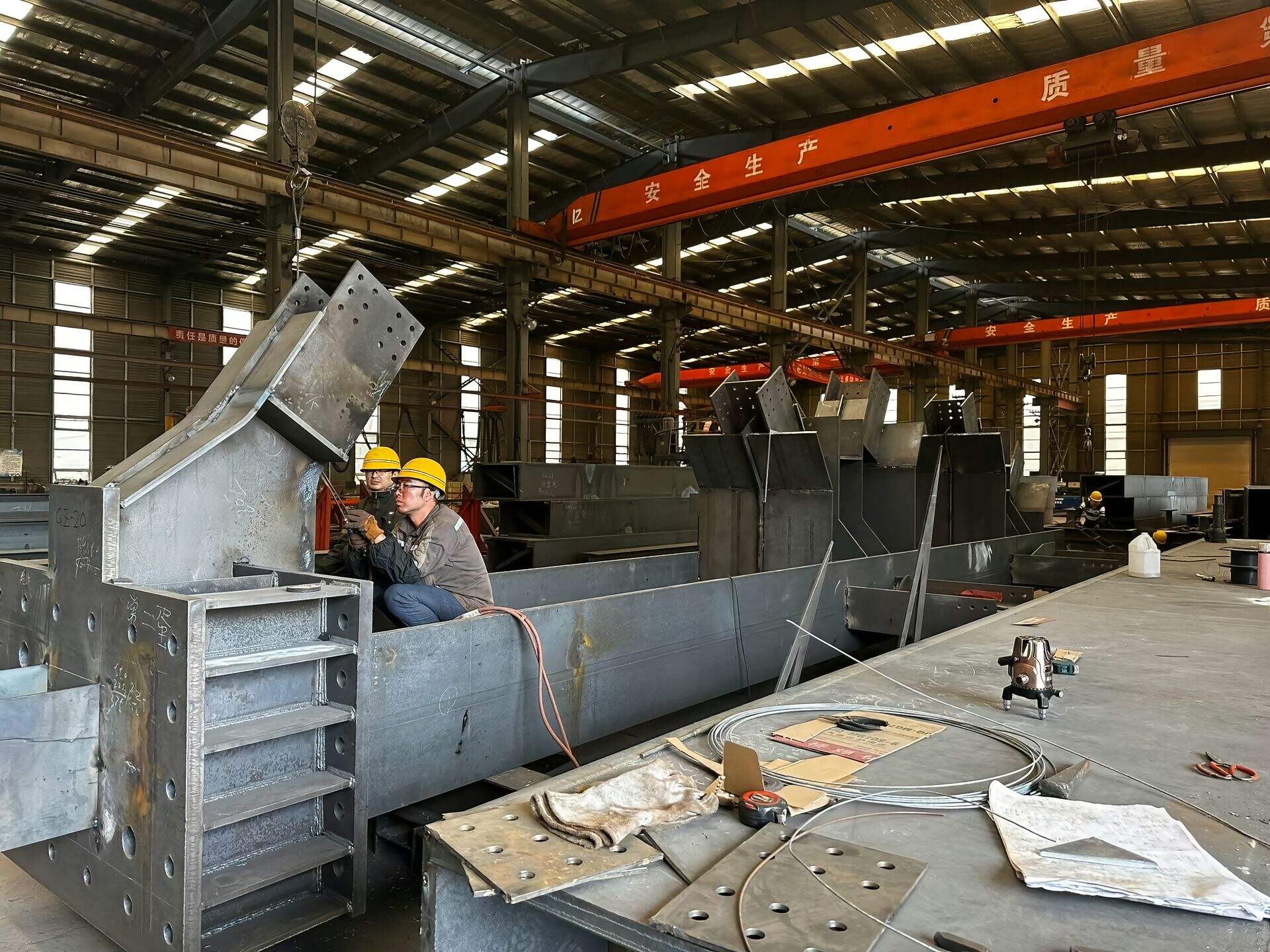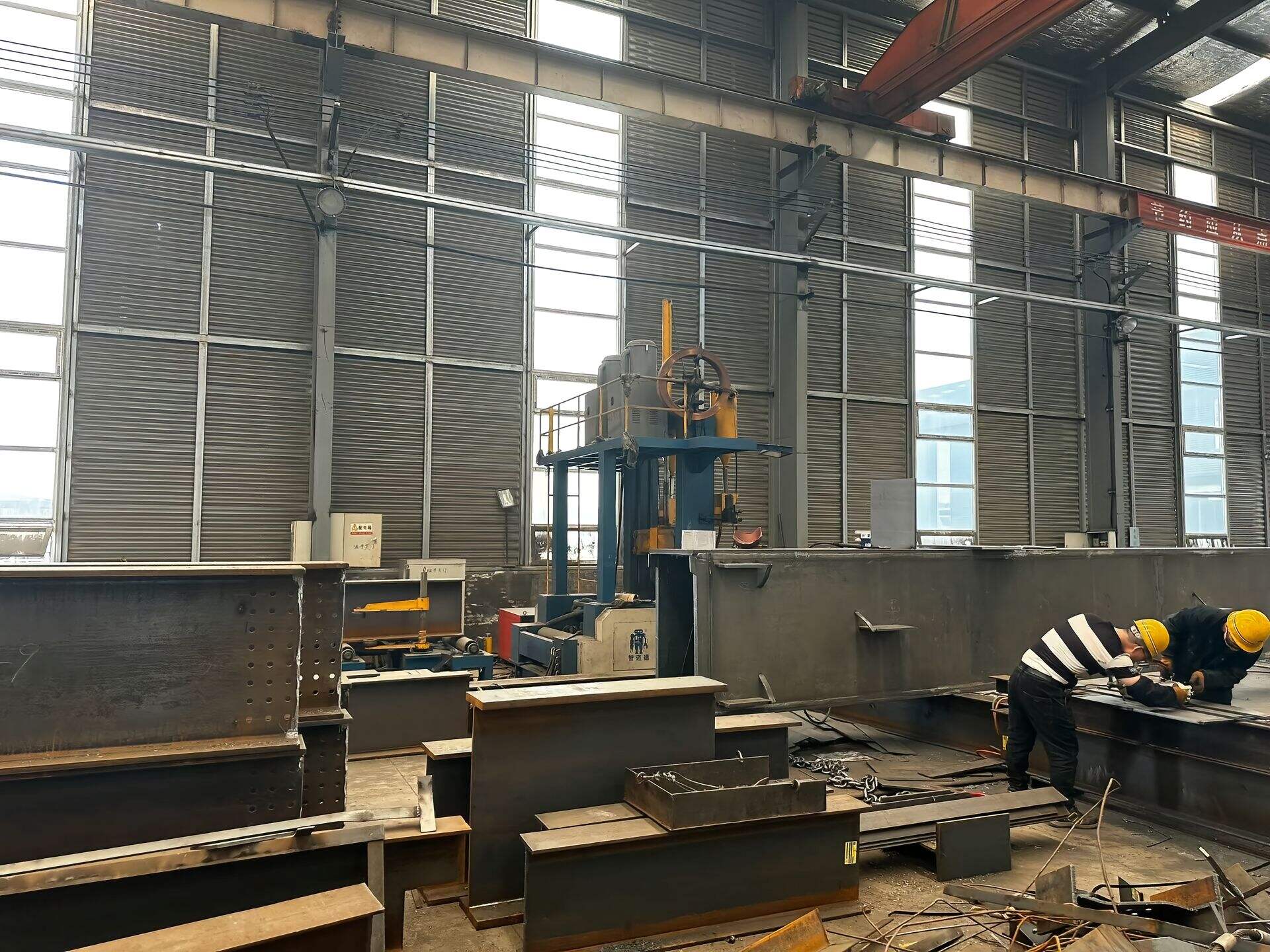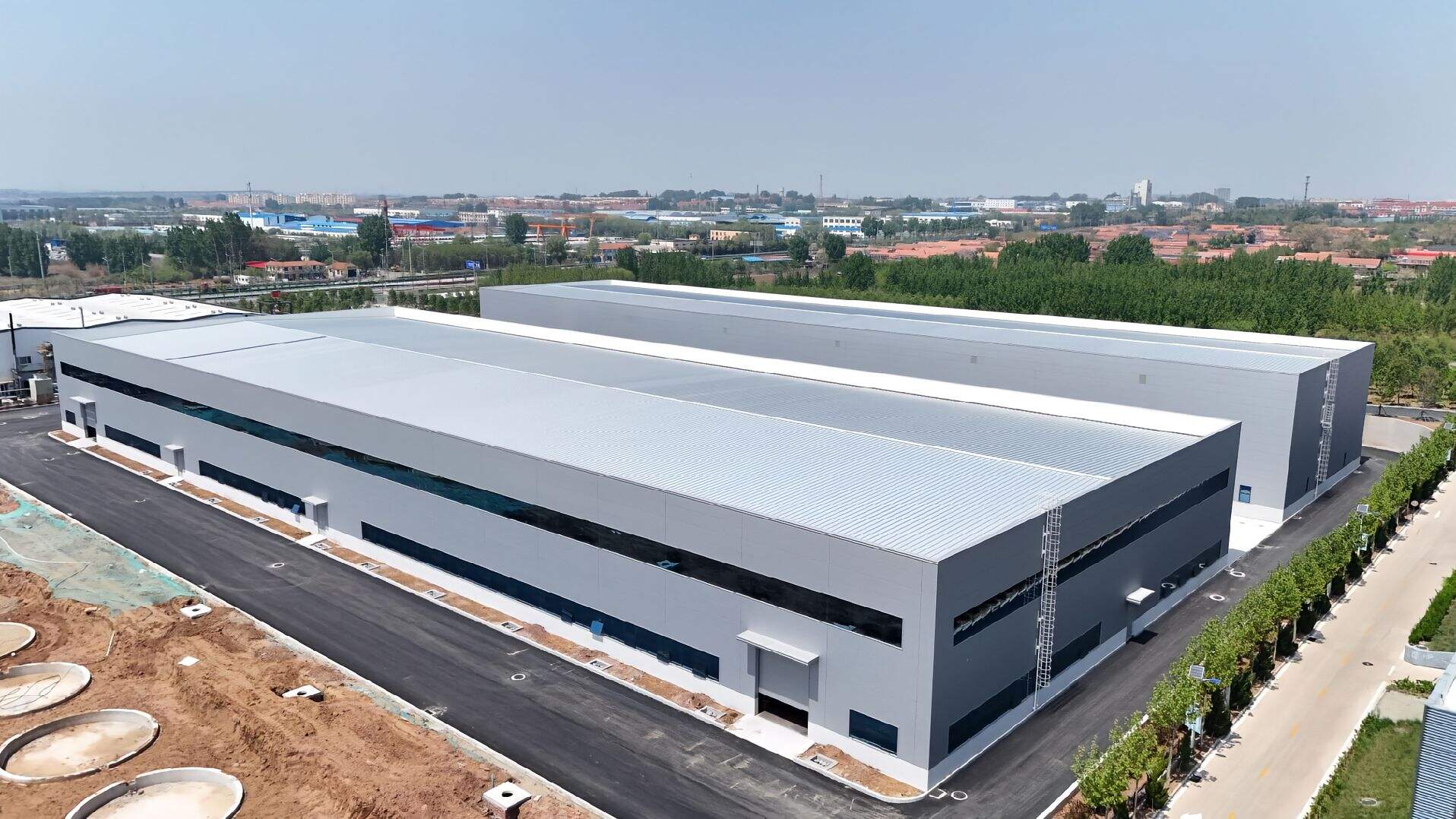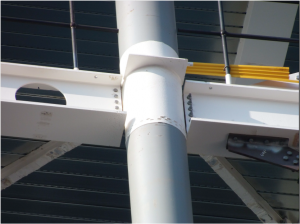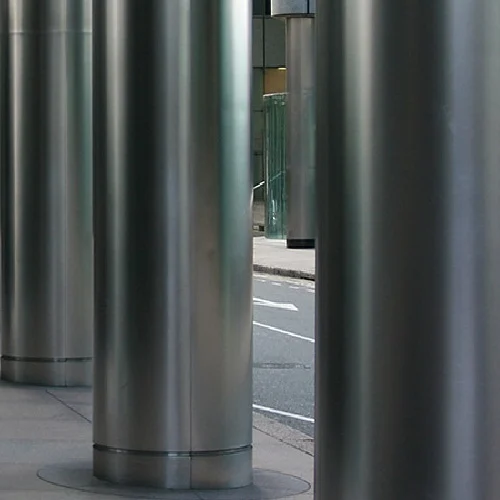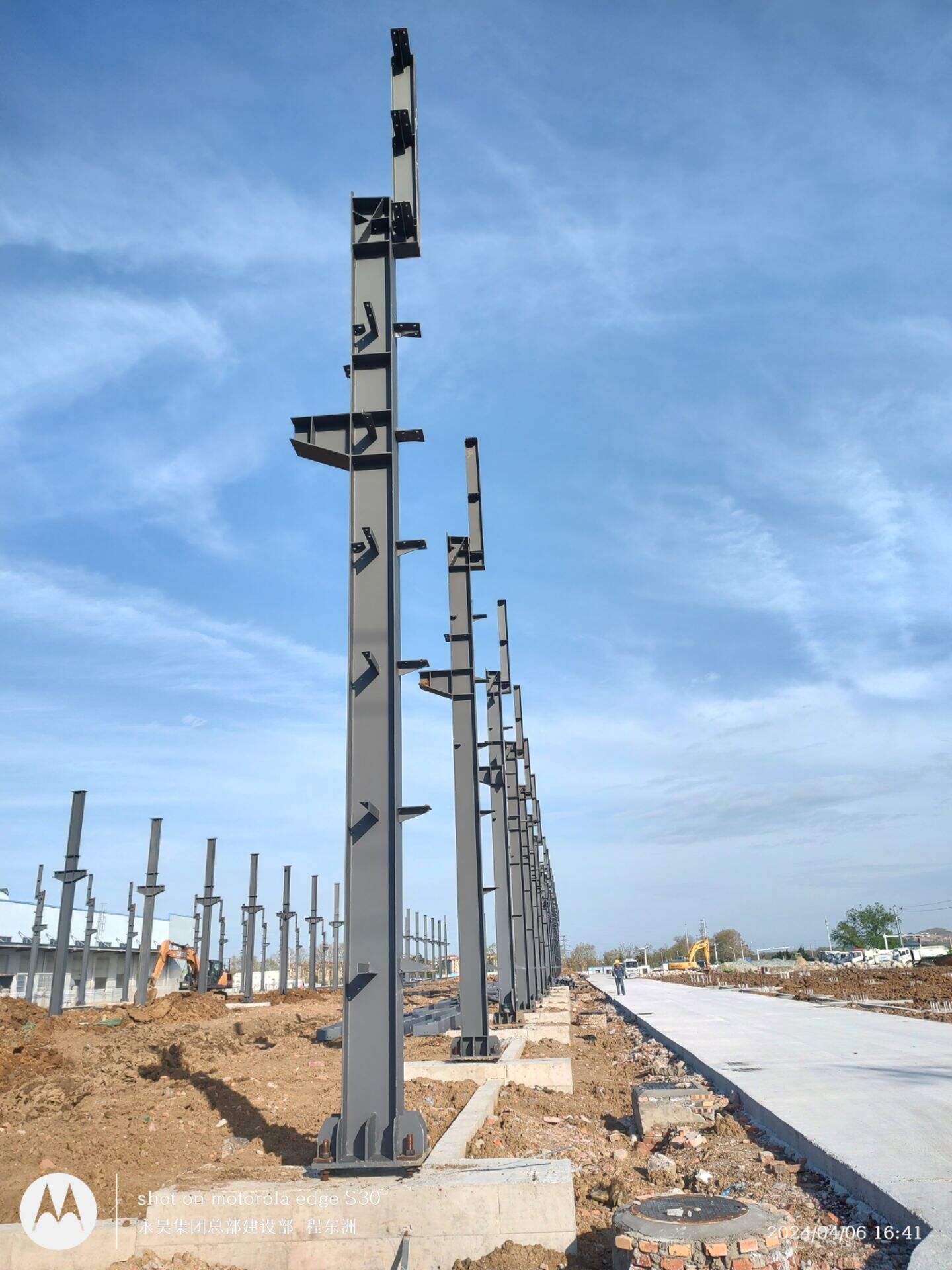Superior Load-Bearing Capacity
Basement steel columns demonstrate exceptional load-bearing capabilities that significantly outperform traditional support methods. These columns are engineered using high-tensile strength steel, capable of supporting loads up to 60,000 pounds depending on the specific model and installation conditions. The advanced metallurgical composition ensures consistent performance under varying pressure conditions, while the column's internal structure is designed to distribute weight evenly through the vertical axis. This superior load-bearing capacity makes them ideal for supporting heavy structural elements, including multi-story buildings, concrete floors, and extensive beam systems. The columns' design incorporates safety factors that exceed standard building code requirements, providing peace of mind for property owners and contractors alike.






